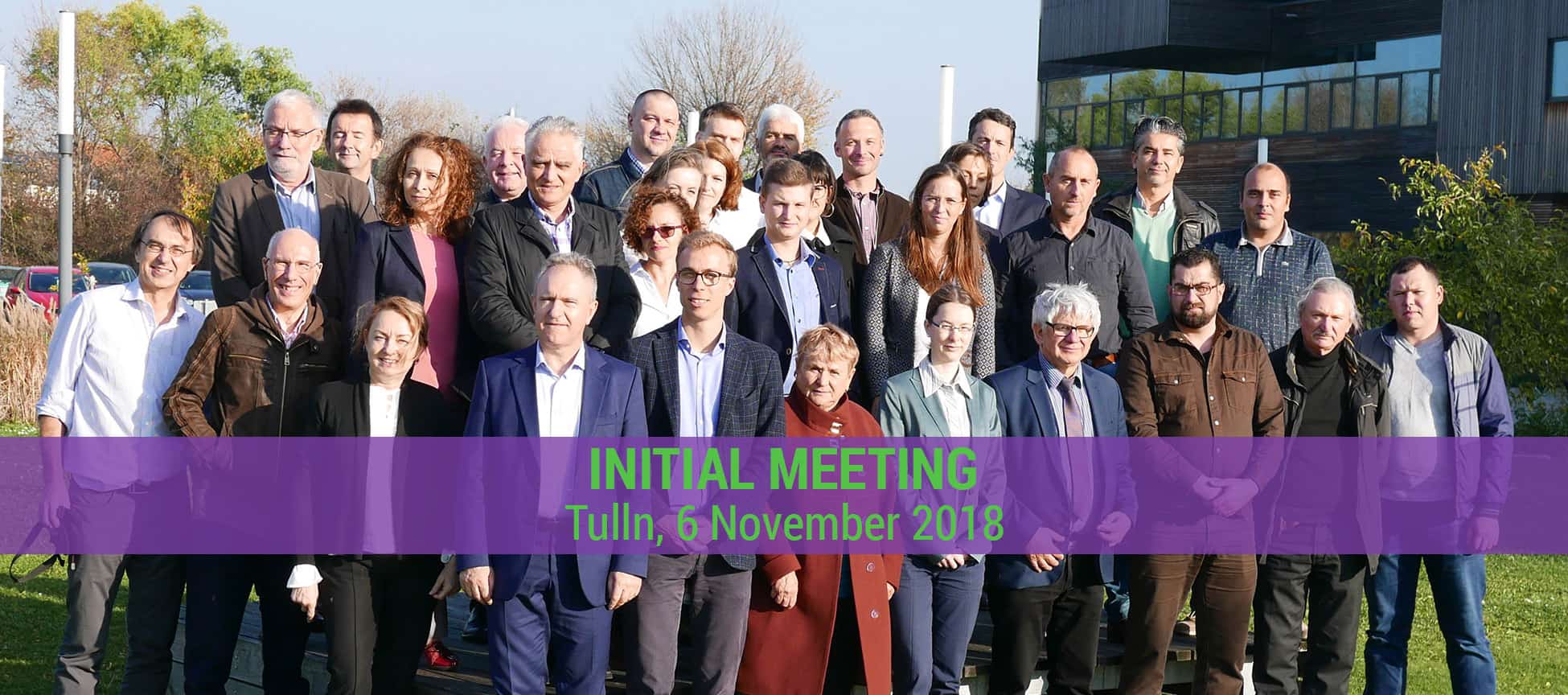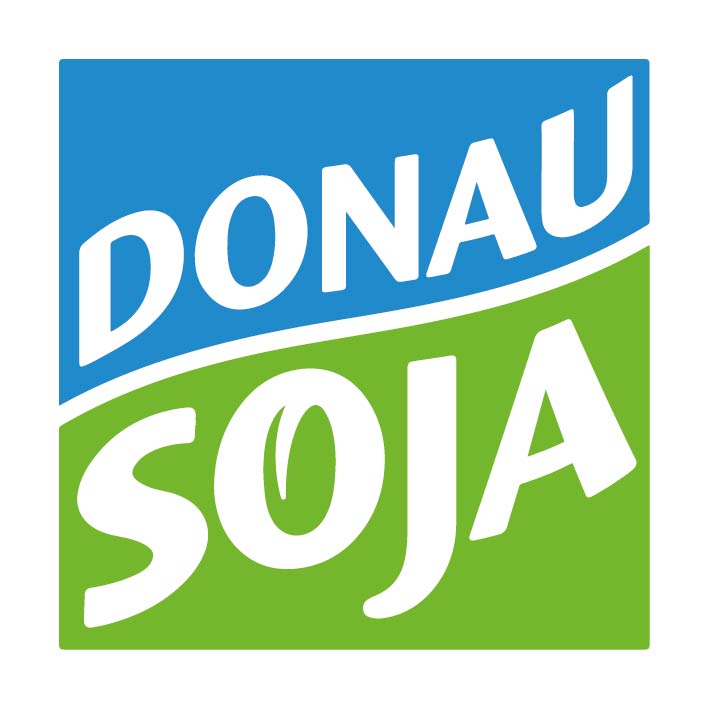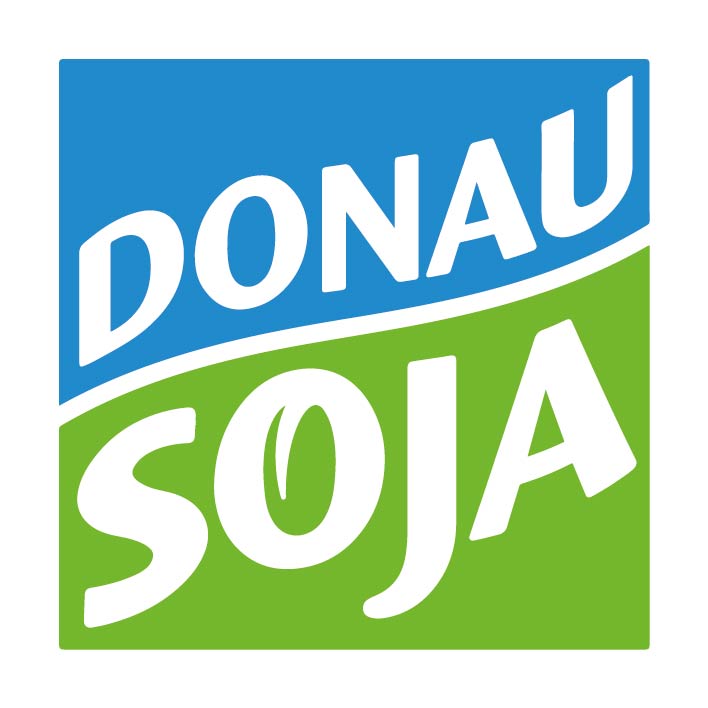European Soybean Improvement Network
The European Soybean Improvement Network (ESIN) is an open group of soybean breeders, scientists from various fields related to the production and use of soybeans in Europe. The overall goal of ESIN is the improvement of the agronomic, economic and environmental performance of soybean-supported cropping systems in Europe. As part of a protein transition in Europe, the agronomic performance of soybean crops as compared with other cropping options that farmers shall be improved. The network focuses particularly on the use of genetic improvement and plant breeding to achieve this.
ESIN was established on 20 May 2019 at a meeting in at the Department of Genetics and Plant Breeding, Poznan University of Life Sciences in Poznan. This followed a workshop on 6 November 2018 with 32 participants hosted by the University of Natural Resources and Life Sciences in Vienna (BOKU) where it was agreed that a network would help support collaborative research, sharing of methods, germplasm exchange, and interaction with the policy community. The overall aim of the network confirmed in Poznan is to strengthen investment and cooperation in the improvement of soybean to increase the agronomic and environmental performance of soybean-supported cropping systems.

FOUNDING MEMBERS
–
Agricultural Research & Development Station Turda (Romania)
represented by Raluca Dana and Urda Camelia
Centro di Zootechnica e Acquacoltura (Italy)
represented by Paolo Annicchiarico
Danko (Poland)
represented by Małgorzata Niewinska, Kaczmarek-Agnieszka Katanska and Hądzlik Danuta
Donal Murphy-Bokern (Germany)
representing the Legumes Translated consortium
Donau Soja
represented by Leopold Rittler
Institute of Field and Vegetable Crops (Serbia)
represented by Jegor Milandinovic, Svetlana Balesevic-Tubic, Vuk Djordjevic
Institute of Genetics, Physiology and Plant Protection (Moldova)
represented by Alexandr Budac
Universität für Bodenkultur Wien (BOKU, Austria)
represented by Johann Vollmann and Martin Pachner
Institute of Plant Genetics, Polish Academy of Sciences
represented by Sandra Rychel and Michał Książkiewicz
Department of Genetics and Plant Breeding, PULS (Poland)
represented by Weigt Dorota, Niemann Janetta, Jerzy Nawracala
Prograin-Zia Ltd.
represented by Koczerba Marzena
Pridnestrovian Research Institute of Agriculture (Moldova)
represented by Boris Babaian
Research Institute for Field Crops ‘Selectia’ Balti (Moldova)
represented by Maria Iacobua and Victor Ungureanu
Saatzucht Donau (Austria)
represented by Bernhard Mayr and Johann Birschitzky
Saatzucht Gleisdorf (Austria)
represented by Maria Bernhart
University Hohenheim (Germany)
represented by Volker Hahn
University of Zagreb (Croatia)
represented by Ivan Pejic
Agricultural Research & Development Stations Turda (Romania)
represented by Negrea Adrian
Agriculture Institute Osijek (Croatia)
represented by Maja Matosa Kucar and Tomislav Duvnjak
Agroscope (Switzerland)
represented by Claude-Alain Betrix
Bayrische Landesanstalt für Landwirtschaft (Germany)
represented by Bianca Buettner and Christine Riedel
Euralis (France)
represented by Patrice Jeanson
Gabonakuato (Hungary)
represented by Jakab Timea

